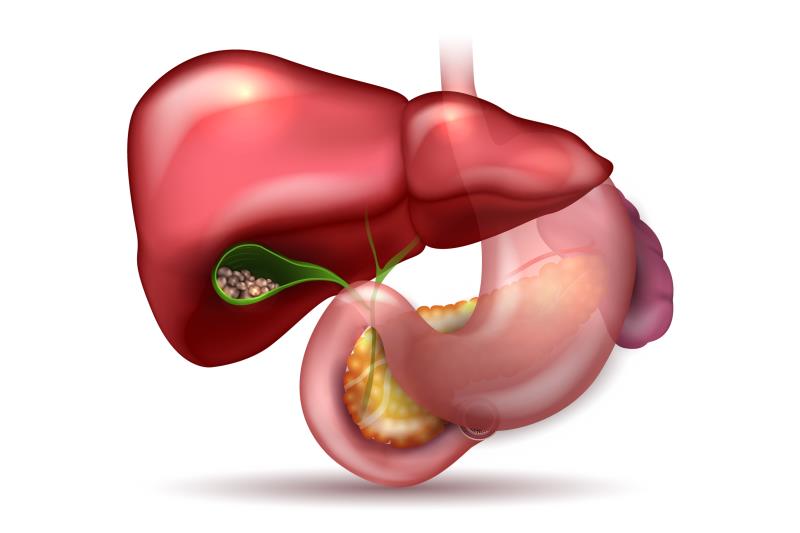
Men who consume high amounts of meat, particularly red meat, are at much lower odds of developing biliary tract cancer (BTC), according to a study from Japan.
The study involved 43,177 men and 49,323 women aged 45–74 years. BTC occurred in 217 men and 162 women over 607,757.0 and 728,820.3 person-years of follow-up, respectively. Of the BTC cases in men and women, 65 and 84 were located in the gallbladder, 119 and 56 in the extrahepatic bile duct, 25 and 13 in the ampulla of Vater, and eight and nine were unspecified.
Men and women with higher meat consumption were more likely to be younger and consume less amounts of vegetables and fruits compared with their counterparts with lower meat intake. Meanwhile, males and females with higher vs lower fish consumption tended to be older and have increased intake of vegetables, fruits and green tea.
Cox proportional analysis revealed that the highest vs lowest quartile of total meat intake was significantly associated with a reduced BTC risk among men (hazard ratio [HR], 0.66, 95 percent confidence interval [CI], 0.44–0.98; p-trend=0.011) but not in women. A similar pattern of association emerged for red meat but not for poultry. On the other hand, fish consumption had a neutral effect on BTC risk.
When analysis was stratified according to BTC subtype, meat intake showed no association with any BTC subtype. However, a trend toward decreased extrahepatic bile duct cancer risk was observed.
Additional studies are warranted to confirm the present data and shed light on the underlying reasons or mechanisms, researchers said.